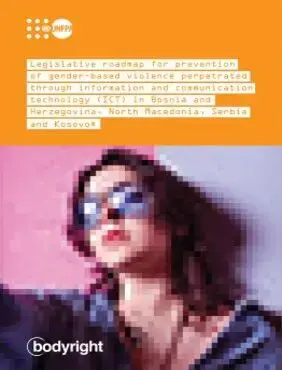The Generation Equality Action Coalitions aim at achieving concrete results in the promotion of gender equality of the Agenda for Sustainable Development in this Decade of Action of the United Nations (UN).
Certain priority Action Coalitions, depending on the context of each country and national priorities, and taking into account new crises caused by socio-economic effects, including those caused by the COVID-19 pandemic, include: bodily autonomy and sexual and reproductive health and rights, gender-based violence and economic justice and rights.
Many indicators show that individuals, especially women and girls, face limitations in their bodily autonomy, which can have devastating consequences for their health, well-being and potential in life. Intertwined with bodily autonomy is the right to bodily integrity, which ensures that people can live free from nonconsensual physical acts. Bodily integrity is the inviolability of the physical body and emphasizes the importance of personal autonomy, self-ownership and self- determination of human beings over their own bodies. In the field of human rights, violation of the bodily integrity of another is regarded as an unethical infringement, intrusive, and possibly criminal.
Available information indicates that threats to bodily integrity are increasingly occurring through information and communication technologies (ICT). Digital violence against women and girls is violence. Like all forms of violence, it is rooted in gender inequality and discrimination against women and girls. In 2021, UNFPA launched Bodyright, a global initiative to protect women from technology-facilitated gender-based violence.
Bodyright is a new “copyright” symbol to acknowledge and demand protection from digital violence. The overall goal is to encourage tech companies and policymakers to take action against violence against women and protect bodily autonomy online as seriously as they take action against copyright infringement.
*All references to Kosovo in this document shall be understood to be in the context of Security Council resolution 1244 (1999).


